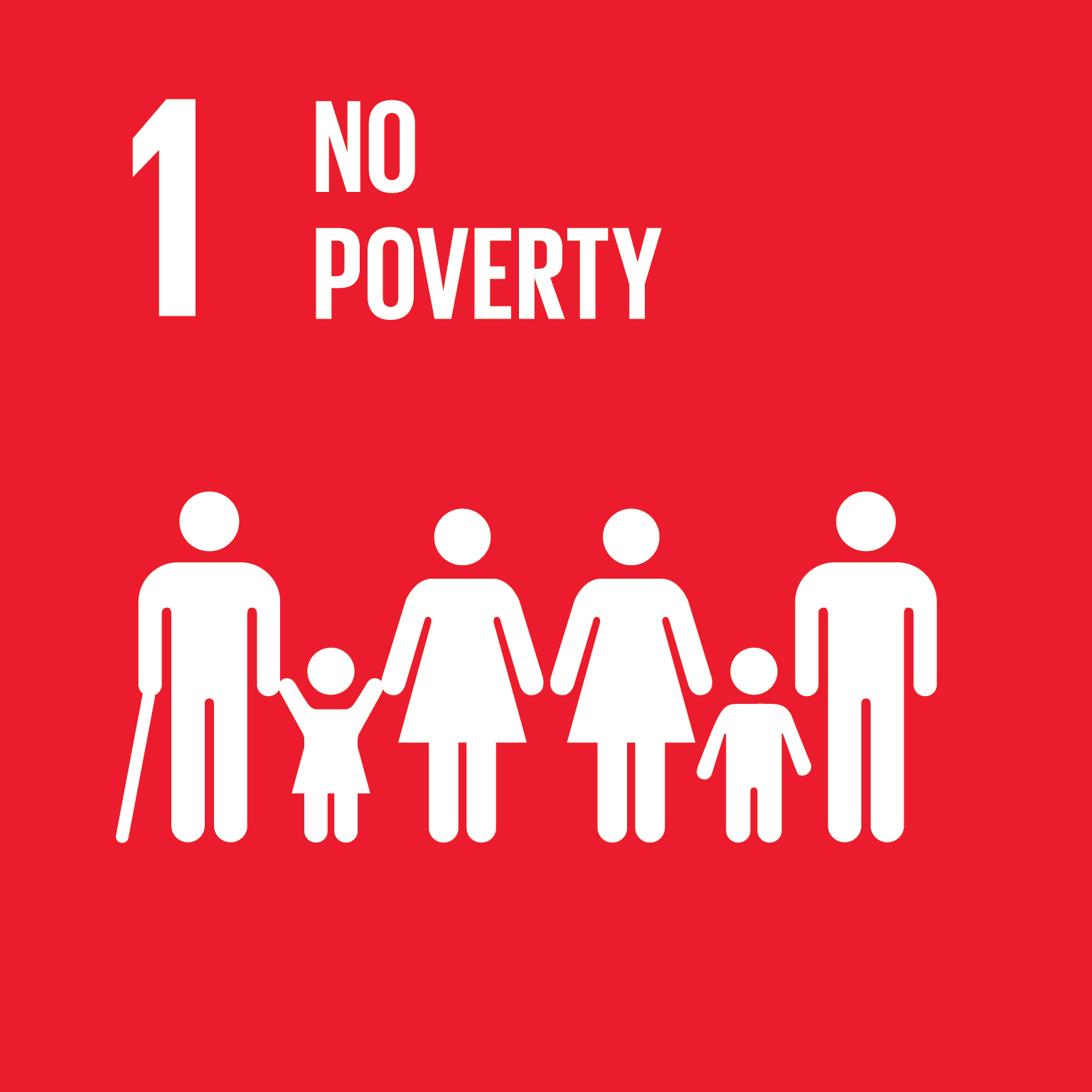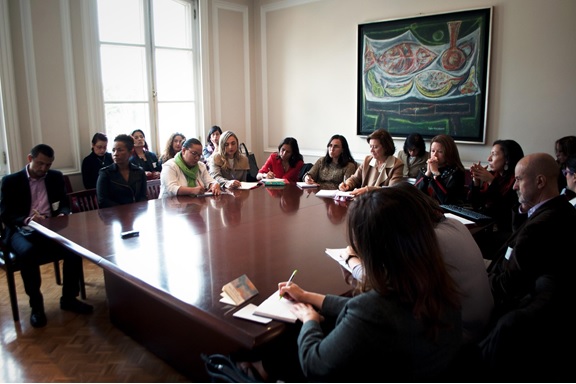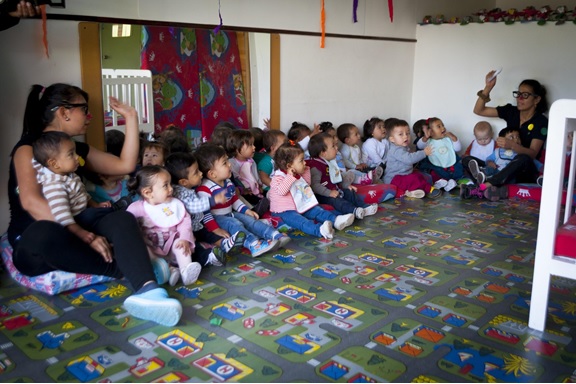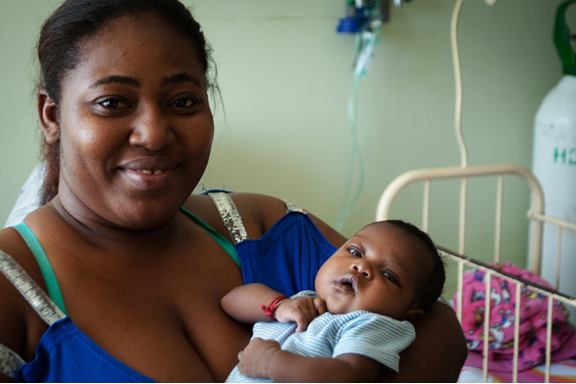The Intersectoral Commission for the Comprehensive Early Childhood Care
Exchanging experiences in early childhood protection and care to promote the development of capacities and opportunities to reduce poverty and prevent social exclusion
Challenges
When the Intersectoral Commission for Comprehensive Early Childhood Care (CIPI) was launched in 2011, almost 566,429 boys and girls in Colombia received different modalities of care. However, since they were under the responsibility of several institutions, a fragmented response was generated, which weakened the coverage and quality of actions on early childhood development. The recognition of boys and girls as subjects of rights and the definition of the comprehensive early childhood care must be a fundamental commitment by the Government.
Towards a Solution
The implementation of coordinated actions at the national and local levels aimed to promote and guarantee the full development of children 0–5 years in Colombia. This initiative seeks to reach national coverage to improve children’s quality of life and generate local capacities, which require the involvement of the communities, as well as local and national entities.
In 2011, the National Government of Colombia established the National Intersectoral Commission for Comprehensive Early Childhood Care (CIPI) to serve as a platform for the promotion of early childhood policy and for gathering resources and expertise of existing public and private entities. CIPI also leads the Early Childhood Comprehensive Care Strategy, De Cero a Siempre (From Zero to Forever), which constitutes a set of national and local planned actions used to promote and ensure the full development of children from gestation to five years of age. This is achieved through unified and intersectoral work from a rights perspective and through a differential approach that includes disability. It details and promotes the definition and implementation of plans, programmes, projects and actions for the comprehensive care that should be ensured for each child according to their age, context and situation.
The interventions aimed to encourage the comprehensive development of boys and girls in their early years as a window of opportunity for social and economic development. These interventions generate lasting impacts regarding psychological strength, a reduction of crime in their life cycle, better academic performance, lower school drop-out and repetition rates when increasing the permanence of children in the educational system, and higher productivity and future income. It is a social investment with higher return rates (National Planning Department, 2011). The objectives of the CIPI are to:
- strengthen the capacity of the local authorities and the national government;
- design and implement the Comprehensive Care Roadmap (RIA) in local entities;
- increase comprehension and generate knowledge concerning strategic issues in early childhood;
- qualify agents on comprehensive care for children and families;
- develop a technical approach for the appraisal of child development;
- integrate prospects for inclusion in local policies, among others.
CIPI’s remarkable achievements has led to: the joint design of the Early Childhood Comprehensive Care Strategy; the development of guidelines and technical standards, as well as lines of action and management tools for the policy implementation in the territories; and the application of the Sistema de Seguimiento Niño a Niño [Child to Child Monitoring System] (SSNN).
As of 2016, over 1,205,906 boys and girls had benefited from quality comprehensive care. By 2018, this number had increased to 1,374,423. Other main results between 2011 and 2016 were the enrolment of 4,081,320 boys and girls under six years of age into the social security health care system, and the provision of support to 20 ethnic communities in developing their comprehensive care roadmaps in line with rural and ethnic contexts.
Furthermore, according to the 2018 implementation evaluation of the Early Childhood Comprehensive Care Strategy De Cero a Siempre, in 2018, almost 1,270 rural women and community leaders were trained to strengthen their knowledge on sexual and reproductive health, nutritional and mental health, and prevention of psychoactive substances use. Moreover, the number of boys and girls attending preschool with comprehensive care increased from 57,126 in 2017 to 71,500 children in 2018.
Colombia shared this good practice with the Dominican Republic (2015–2017) to strengthen the latter’s Quisqueya Empieza Contigo Plan, which caters to the needs of children 0–5 years. The Dominican entities involved were the Ministry of Planning and Development (MEPyD), the General Directorate of Special Programs of the Presidency (DIGEPEP) and the National Institute for Comprehensive Care of Early Childhood (INAIPI).
The activities included technical missions in both countries, and as an outcome of these exchanges, the Dominican Republic achieved the following:
- the identification of methodological mechanisms for strengthening the Family and Community Base modality in comprehensive early childhood care services;
- the identification of CIPI´s inter-institutional coordination as a key element for strengthening early childhood policy;
- the strengthening of coordination, follow-up and monitoring mechanisms in the framework of early childhood policy, as well as its interaction with private sectors and civil society.
For this initiative to be replicated, the following conditions should be considered for the implementation of an entity such as the CIPI:
- the identification of early childhood situation and needs;
- the identification of the current institutional architecture.
Also available in: Arabic | Chinese | French | Portuguese | Russian | Spanish
Contact Information
Mr Luis Roa, Triangular Cooperation Coordinator, Colombian Presidential Agency of International Cooperation (APC-Colombia) | Mr Mauricio Franco De Armas, South-South and Triangular Cooperation Coordinator, Ministry of Foreign Affairs of Colombia
Countries involved
Colombia, Dominican Republic
Supported By
Colombian Presidential Agency of International Cooperation (APC-Colombia)
Implementing Entities
Intersectoral Commission for the Comprehensive Early Childhood Care
Project Status
Completed
Project Period
2011 - 2020
Primary SDG
01 - No Poverty
Secondary SDGs
02 - Zero Hunger, 03 - Good Health and Well-being, 04 - Quality Education, 16 - Peace and Justice Strong Institutions
Primary SDG Targets
1.2 1.3Similar Solutions












